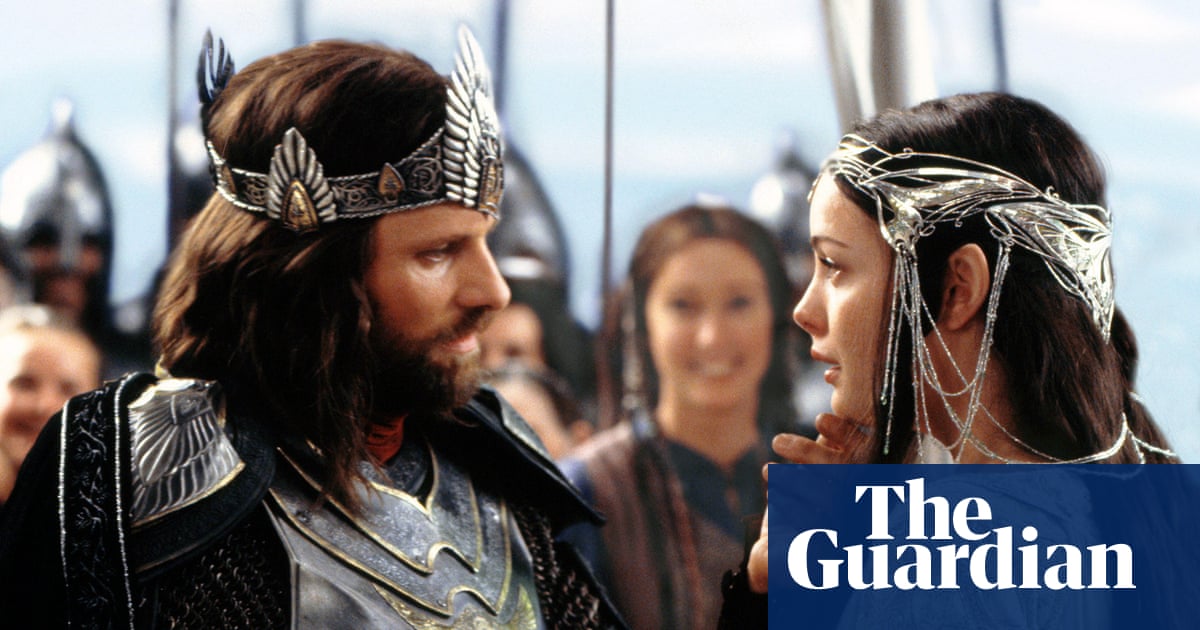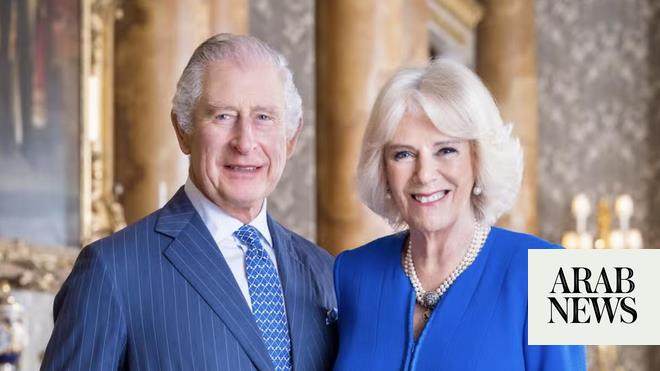
What does the future hold for our new king? Mike Bartlett outlined one possible scenario in his 2014 play King Charles III. He showed the new monarch, even before his coronation, refusing to give royal assent to a bill restricting the freedom of the press. The decision provokes a constitutional crisis, sparks civil conflict and leads to Charles’s deposition by William and Catherine, who jointly ascend the throne.
Given the pomp and pageantry surrounding Charles’s accession and the crowds thronging the Mall, Bartlett’s script now looks fanciful. Over the last fews days, TV has also endlessly replayed an interview with the then Prince of Wales who was asked, on his 70th birthday, whether he realised he would lose the freedom to express his personal opinions on becoming king. “Of course,” he replied as if pained by the question. “I’m not that stupid.”
But Bartlett’s play does raise a serious issue: what happens when Charles III’s deepest convictions run counter to government policy? Liz Truss has clearly signalled that she supports scrapping green levies and bringing back fracking. Her business secretary, Jacob Rees-Mogg, has also urged that “every last drop” of oil and gas be extracted from the North Sea and has not ruled out a new push for fossil fuels. Pursuit of those ideas would certainly cause a crisis of conscience for the new king. Even if they didn’t lead to abdication, they would undoubtedly induce friction at his weekly meetings with the newly ensconced PM.
As an ardent Shakespearean, King Charles also knows that the transition of power in the past was always fraught with danger. Bartlett himself invokes the Westminster Hall deposition scene from Richard II, which I always find intensely moving. It is about Richard’s acknowledgment that he must surrender power to Bolingbroke and his reluctance to make the final gesture. “I thought you had been willing to resign,” says the impatient Bolingbroke. “My crown I am but still my griefs are mine,” replies Richard. “You may my glories and my state depose, But not my griefs; still I am king of those.”
The supreme Shakespearean example of the traumatic nature of royal transition is King Lear. Lear voluntarily abdicates kingship so that he may “unburthen’d crawl toward death”. But, while dividing his kingdom between his daughters, he cannot relinquish the trappings and privileges that monarchy bestows. In the process, he goes mad and, while this may seem an extreme example, it is based on a psychological truth: that nothing is harder in life than to surrender entitlement and authority. In fact, Charles III’s dilemma is almost the reverse of Lear’s: in achieving the status of kingship he is obliged to sacrifice the power that comes from freedom of expression.
Looking back at the history of drama, it is fascinating to see how often plays deal with the transition of power, whether it be political, social or economic. One haunting example is Pedro Calderón de la Barca’s 1635 Spanish classic, Life Is a Dream, which explores the fate of a Polish prince who has been imprisoned since birth because of prophecies that he would grow up to be a tyrant. Released from jail, the prince fulfils the direst warnings and, even if the play ends happily, it has a strange phantasmagorical quality that prompts the prince to ask: “What is this life? A fantasy? A prize we seek so eagerly that proves to be illusory?”
Arguably the greatest play of the 20th century, Chekhov’s The Cherry Orchard, is more earthbound in that it embraces social, geographic and economic transition. But Chekhov’s genius was to show that there is something both comic and painful in the way a Russian aristocrat is forced to accept the sale of her beloved country estate to an astute businessman. To Anglo-Saxon sentimentalists, the play often seems like a lament for a lost way of life but Chekhov, with brutally comic precision, is really dealing with the inevitability of change.
This may seem a long way from Bartlett’s King Charles III but all these plays, whether by Shakespeare, Calderón or Chekhov, are about a moment of historic transition and about how power passes from one generation to the next. Bartlett implies that, in the case of Charles III, the new king’s iron-clad principles could easily provoke a constitutional crisis. I am frankly sceptical. But there is little doubt that, with a new monarch and a new prime minister who would seem to have polarised views on a wide range of issues including the climate and energy, we are about to embark on a perilously uncertain future.












